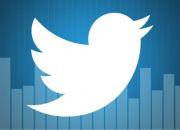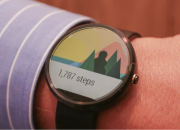The internet has revolutionized human life by being able to provide instant and quick access to information. Not only that, it has also improved how we communicate with others via our social media networks, e-mail addresses and voice chats. It has also improved the everyday services that we usually encounter—from banking, booking plane tickets, and even conducting business and the bigger picture of retail marketing.
Author Archive: John Anderson
It is easy to understand why some traditional stores, those little shops around the corner, shirk and dodge the eventuality of turning digital. The digital world is pretty huge but then again, it is an eventuality and even small businesses and brands cannot and should not try to escape it. A survey by the Webs Small Business Digital Trends revealed that 63% of small business owners are using digital strategies in their overall marketing efforts.
We all want to make things easier. That’s what the Internet does. And apparently, that’s what mobile applications do better – just ask the fast-growing number of app users. This is the consequence of the switch from desktop and laptops to mobile devices like smartphones and tablets. A recent study by Nielsen showed that an average American adult spend some 34 hours per month using mobile internet on smartphones compared to 27 hours via personal computer. Of that smartphone internet time, mobile apps take up 86% of usage and only 14% access time via the mobile web.
The rise of startups is becoming one of the strongest engines of job growth and economic growth all around the world. As the capital needed to start a small business continues to fall, the number of software companies being started is exploding. These companies are also no longer limited in areas near venture capitalists in Silicon Valley, Boston, and New York City, and practically anyone can join startups in their local cities — or even across the globe as a remote employee.
Smartwatches. Galaxy Gear. iWatch.
Name it, and it’s all over the headlines these days. In the tech world, the hype is on these wearable tech timepieces that function more than just telling the time. Think of having a condensed smartphone right on your wrist, having additional functions such as being able to provide weather information, messaging notifications, and other key functionalities that are unique to each brands.




















